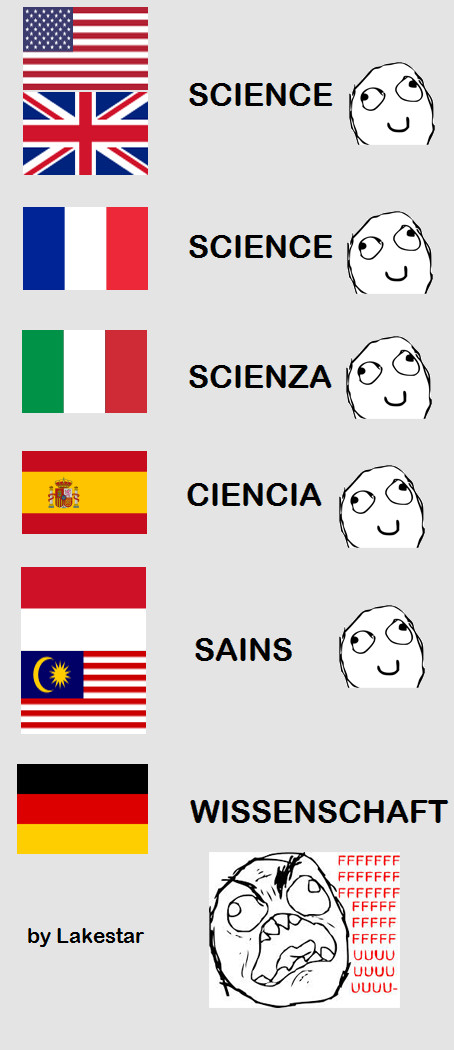

In Scottish, tartle encapsulates the moment of hesitation you face when you’ve forgotten someone or something’s name. But the Scottish have the next best thing: a word for it!

If that’s something that often happens to you, you’re in luck. You smile, act all friendly, and are about to greet them back… But for a second, you’ve forgotten their name. Suddenly, someone stops you and greets you by using your name. Imagine this: you’re walking down the street, absorbed in your own thoughts. Tartle: A Scottish Word That We All Experience And they’re not terribly popular anymore. Keep in mind that frappadingue, frappé, and dingue are all familiar words. In France, your friend would be a “hit crazy”. The word is made up of two other words that mean “crazy”: frappé (literally “hit” as an adjective) and dingue.

The French have a word to describe just how over-crazy this friend is.Ī frappadingue is a very crazy person in French. Frappadingue: The Weird French Word to Describe Your Crazy Friend For some people, the sensation is too close to one of choking to be bearable. More specifically, arachibutyrophobia is the fear of having peanut butter stick to the roof of your mouth. In Greek, arachi means “ground nut”, butyr stands for “butter”, and phobia is “fear”. If you’ve got arachibutyrophobia, you are… Afraid of peanut butter. If you are afraid of the sea, you have “thalassophobia”. If you are afraid of spiders, you have “arachnophobia”. Arachibutyrophobia: One of the Weird English Words You’d Never Know Aboutįellow fearful people, you might see where this one is going.

Starting with a weird English word you’ve likely never heard of:ġ. Here, I give you 20 of the weirdest words from all over the world. Some you would never think of as necessary words. Some foreign ones are untranslatable in English. For that reason, each language has its own idioms and special words. Here’s a truth about languages: no two languages have the exact same type of vocabulary.Ī language is shaped by the local geography, by the people’s experience and their culture. crazy words – like frappadingue in French.strange words – like tartle in Scottish.cool-sounding words – like chutzpah in Yiddish.You’re in the right place if you want to learn some international: I decided to share some of the most badass words from around the world with you today. They’re a fun thing to look forward to when learning a new language. Shah) had had to come down to ‘Matoshree’ (the Thackerays’ private residence in Mumbai).Full disclosure: This post contains affiliate links. Shinde’s Delhi visits “a blow to the State’s pride” while stating that it was humiliating that a Shiv Sena leader had to “kowtow to the Centre” whereas in the past BJP leaders (including Mr. The noun arrived in English in the early 1800s, and within a few decades had taken on the "fawn" or "suck up" verb meaning we use today. In the late 18th century, some Western nations resisted performing the ritual, which acknowledged the Chinese emperor as the "son of heaven." In traditional China, this ritual was performed by commoners making requests to the local magistrate, by the emperor to the shrine of Confucius, or by foreign representatives appearing before the emperor to establish trade relations.
#Funny words in other languages plus
It comes from the Chinese kòutóu - kòu ("to knock") plus tóu ("head") - and originally referred to kneeling and touching one's head to the ground as a salute or act of worship to a revered authority. To "kowtow" is to agree too easily or eagerly to do what someone else wants you to do, or to obey someone with power in a way that seems weak.


 0 kommentar(er)
0 kommentar(er)
